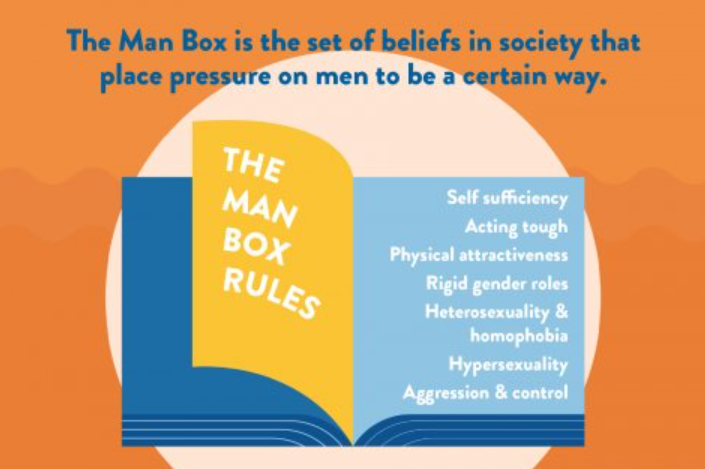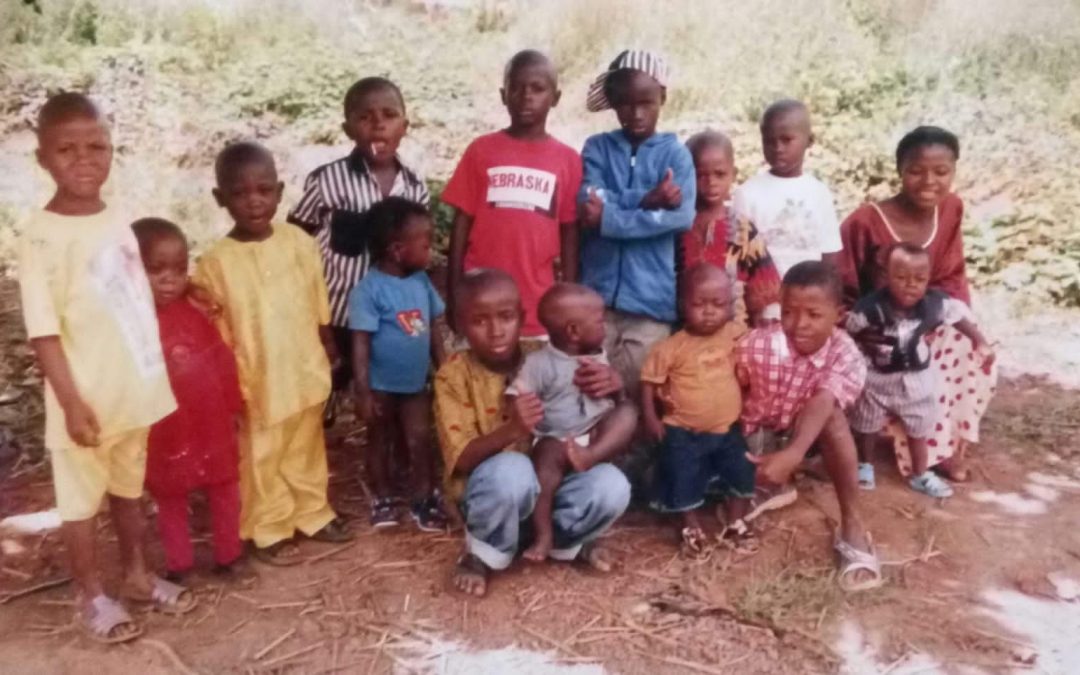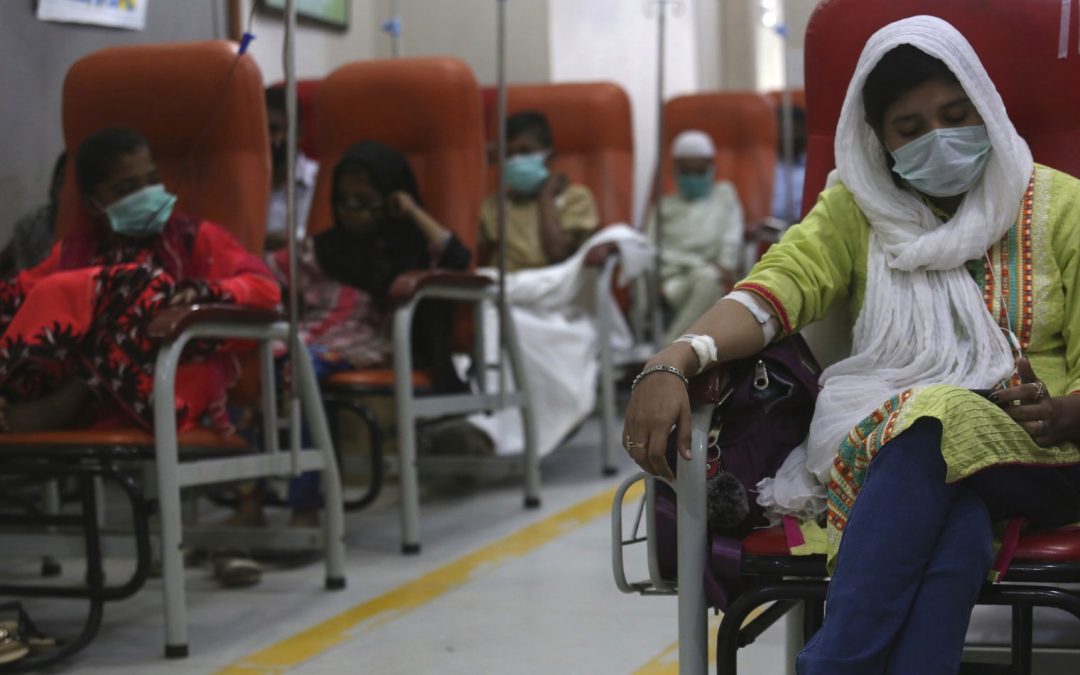
by Vicki Flier Hudson | 4 Feb 2021 | Donald Trump, Educators' Catalog, Future of Democracy, Health and Wellness, Personal Reflections
Playing in a rock band helped me see that in these polarized times, we need to listen to hateful views to heal divisions and save democracy. Black Lives Matter protesters brawl with supporters of then U.S. President Donald Trump, Huntington Beach, California, 6 June...
It’s a common lament that we live in polarized times. Echo chambers, confirmation bias, troll factories — these are terms we’re all too familiar with now because they identify a problem that is besetting politics and democracy. Vicki Flier Hudson tackles the issue head-on, but unlike so many writers, she takes off the ideological blinders to offer a lesson in empathy — replete with mention of her rock band. She offers techniques at the end of her article that all of us can use. Teachers can ask students to identify an abhorrent point of view and explain why someone could possibly hold that perspective.

by Helen Womack | 29 Dec 2020 | Health and Wellness, Personal Reflections
For some, COVID-19 has meant grief, for others inconvenience. But the year has made us ask: Should we go back to “normal” when the future arrives? Protesters demanding more resources for public health and against social inequality, Madrid, Spain, 27 Septmber 2020 (AP...

by Bryson Hull | 16 Dec 2020 | Conflict, Government, Human Rights, Media Literacy, Personal Reflections
Journalists and NGOs often rely on each other to inform the world. But beware vested interests. It’s best to follow the money trail to see the full picture. A sign that counter-protesters lit on fire burns after supporters of U.S. President Donald Trump held...

by Joy Chinaza | 9 Dec 2020 | Africa, African Leadership Academy, Contest winners, Educators' Catalog, Eyewitness, Future of Democracy, Human Rights, Personal Reflections, Politics, Student Posts, Youth Voices
I joined protests against police brutality in my home country of Nigeria and saw them almost become a war, then a rude awakening for youth. Protesters in Umuahia, Nigeria, October 2020 (All photos courtesy of Eje Studios) This story was a runner-up in News...
Joy Chinaza takes us into the streets of Nigeria to join young people protesting against police brutality. Like youth elsewhere this year, she is driven by anger over rights abuses perpetrated by police charged with protecting civilians but who instead turn weapons against minorities. A shared sense of injustice motivates Chinaza and millions of others around the globe, making her story a metaphor for youthful outrage. But the personal details in the tale by the African Leadership Academy student, including the beating her own brother suffers, add poignancy that sets her account apart. Make sure students note how the first-person pronoun draws them into the story. And how her outrage — so common among youth — is tinged with ambiguity at the end.

by Gene Gibbons | 24 Nov 2020 | Americas, Educators' Catalog, Eyewitness, Government, Joe Biden, Personal Reflections
Joe Biden and I grew up in the same city. He was upright in school and on the playground. He’ll be a caring leader as U.S. president. U.S. President-elect Joe Biden visiting his childhood home in Scranton, Pennsylvania, 23 October 2019 (Jason Farmer/The...
A lot of ink has been spilled about Joe Biden’s background, but how many authors played sandlot baseball with the U.S. President-elect? News Decoder correspondent Gene Gibbons covered six presidents while at Reuters, but he grew up with Biden, and his reminiscences of their upbringing in Pennsylvania capture key qualities of the next U.S. leader. It’s the details — the nicknames the schoolmarm gave her students, Biden’s phone call to the same teacher — that enliven the story. Without hyperbole or boasting, Gibbons tells a story that packs a punch and highlights Biden’s journey from a vacant lot — “mostly dirt and cinders” — to the White House.

by Charlotte Parker and Gabriella Rivas | 23 Nov 2020 | Donald Trump, Joe Biden, Personal Reflections, United States, Youth Voices
In 2016, students from a U.S. school near Mexico worried about Donald Trump. Today, one of the youths and their ex-teacher find hope in Joe Biden. Gabriella Rivas and Charlotte Parker in 2016 Gabriella Rivas in 2020 In 2016, after Donald Trump was elected U.S....

by Jeremy Solomons | 17 Nov 2020 | Health and Wellness, Identity, Personal Reflections
It can be hard for young men to step outside the “Man Box,” which pressures them to act a certain way. Here are questions to help step beyond. The above video was produced by Jesuit Social Services, which is based in Melbourne, Australia and operates under...

by Varlee S Fofana | 10 Nov 2020 | Africa, African Leadership Academy, Contest winners, Discovery, Educators' Catalog, Identity, Personal Reflections, Refugees, Student Posts, Youth Voices
My family fled civil war in Liberia to a refugee camp in Guinea in West Africa. I learned the power of resilience and the value of diversity. The author, in white next to the woman on the right, at the Kouankan refugee camp in Guinea This story won first prize in News...
News Decoder’s goal is to create a global community, and Varlee Fofana has added his unique voice to the conversation with an essay about growing up in a refugee camp in Guinea. Not many News Decoder students have had to flee civil war as Fofana did, yet many play football, as the author did to connect with other refugee children. Gathering wood, plowing farmland or selling kerosene might not be common chores for most News Decoder students, but they, too, face challenges. Ask your class to read Fofana’s story and then, in up to 600 words, describe a personal experience that shaped their life and character. Encourage them to follow Fofana’s example by using simple words and an unassuming tone to draw readers into their world.

by Savannah Jenkins | 2 Apr 2020 | Discovery, Eyewitness, Personal Reflections, Podcasts
COVID-19 has forced billions of people into lockdown. Two survivors of earlier crises tell how solidarity and patience are antidotes to fear. Patients receive blood transfusions in Karachi, Pakistan, 1 April 2020. A lockdown due to the coronavirus pandemic has created...

by Sarah Edmonds | 12 Sep 2019 | Climate change, Discovery, Environment, Eyewitness, Personal Reflections
Ashamed of flying because it worsens your carbon footprint? You’re not alone if you want to ride the rails — as I recently did when my life took a turn. (French countryside viewed from a TGV fast train. Video and photo by Sarah Edmonds) I am suffering an...










